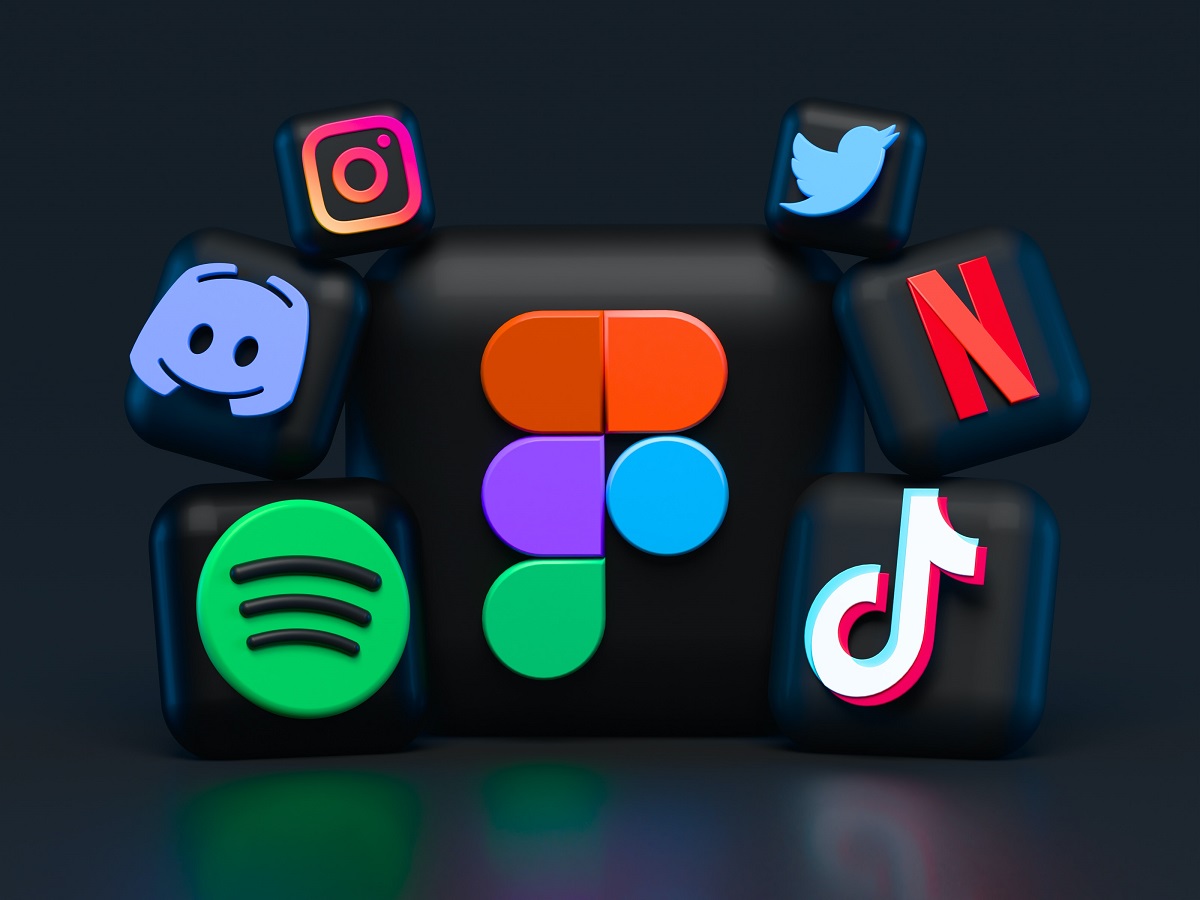Web3 And Social Media: What You Should Know

Are you tired of using social media platforms that prioritize their own bottom line over your privacy and data security? Are you ready for a new decentralized internet, where users have more control over their content and personal information? Look no further than the combination of Web3 and social media.
What’s Wrong With Web 2.0 Social Media Platforms?
Think about this for a moment: what traits do your preferred social media networks share? Is it keeping in touch with your neighborhood’s residents and following the latest fashion or fitness trends from your favorite celebrities and influencers? Or… is it something more sinister, such as selling your data to other companies?
It’s safe to say that these questions were answered after BBC News revealed that Big Tech behemoth Facebook unlawfully shared the data of 87 million users through a company known as Cambridge Analytica.
Internet consumers felt violated, and the push for renewed privacy was born. In hindsight, we can see how the situation spurred the Great Privacy Awakening – and Web3 social platforms couldn’t have come at a better time.
What Are Web3 Social Platforms?
Web3 social platforms are decentralized online communities that allow users to connect with each other and share information. These platforms typically provide a way for users to create profile pages, add friends or followers, and post updates or messages. Many Web3 social platforms also offer features such as groups, events, and gaming that allow people to interact with each other in more ways than simply posting updates.
While the concept of a Web3 social platform is similar to that of a traditional social network, there are some key differences. First, Web3 social platforms are usually not owned or controlled by any one company or entity. Additionally, most Web3 social platforms use blockchain technology to protect user data and ensure privacy. And finally, many Web3 social platforms allow users to earn rewards for their participation, which may include tokens or other cryptocurrencies.
How Will Web3 Change Social Media?
Web3 technologies have the potential to change social media in a number of ways. For one, they could reduce the amount of data collected about users without their knowledge. With traditional social media platforms, you have to trust big companies to handle all your personal info. Web3 offers an alternative that could be better for user safety and privacy.
Web3 is all about decentralization, which means that instead of relying on a few big players to handle everything, power is spread out among lots of different users. And that means you can take control of your own data and decide who gets access to it.
Plus, Web3 platforms are heavy on rewarding users for their contributions. So, if you’re creating content or engaging with others, you could earn tokens or other rewards that hold value. That’s right – you could actually get paid to be on social media!
How Safe Is Your Data On Web3 Social Media Platforms?
According to recent studies, Web3 social media platforms are just as safe as traditional social media platforms when it comes to data security. In fact, they may even be more secure due to their decentralized nature.
With Web3 social media platforms, users own their data and there is no central authority that controls the platform. This means that user data isn’t subject to the same risks of being hacked or stolen as it is on traditional social media platforms.
At the same time, it’s important to remember that no matter what platform you’re using to store data, it’s always wise to use strong passwords and two-factor authentication to ensure your data remains secure.
Top Web3 Social Media Platforms
There are many Web3 social media platforms that allow users to connect and share information. Some of the best ones include:
1. Audius
Audius is a social Web3 music platform that’s all about putting the power back into the hands of the artists and fans. And get this: the platform is owned and run by a whole community of artists, fans, and developers who are all about keeping things open-source. Plus, they’ve got their own crypto token called AUDIO, which helps artists make more money and keep control over their work.
With over a million songs and 250,000 active artists, Audius is no joke. And with seven million users tuning in each month, they’re definitely making some noise. They’re not trying to take on the big players, but they’re carving out their own lane where music meets Web3.

2. Mastodon
If you’re looking for a super easy-to-use alternative to Twitter, you’re in for a treat with Mastodon. Instead of just one website, it’s a bunch of communities all over the world that don’t have one big boss running the show.
Mastodon’s been around for a few years now, but it’s just started to blow up. The cool thing about this platform is that it doesn’t cost a dime to use, there are no pesky ads, and it’s run by a nonprofit organization led by Eugen Rochko. Plus, it’s all funded by donations from its users.
3. PeerTube
If you’ve ever imagined a version of YouTube without those cookies or ads you’re sick of, you’ll appreciate PeerTube, because that’s exactly what it offers. Additionally, videos are hosted on user-run servers, so there’s no central point of failure.
4. Steemit
Steemit is a Web3 social media platform that rewards its users for creating and curating content. Users can also engage in discussions, follow topics and other users, and create and participate in communities. Think of it as Reddit but with rewards.
Steemit also has a unique economic system that rewards users based on the popularity of their content and the amount of interaction it generates.
Final Thoughts
All in all, Web3 and social media are here to stay. As technology advances, so does the potential for new applications of Web3 and its partner technologies. And with these advancements come exciting and welcome implications for the future of privacy.
Featured image by Alexander Shatov on Unsplash
Tags: Decentralization, Future, Internet, Social Media, Social Networks, Web 3.0, Web3

